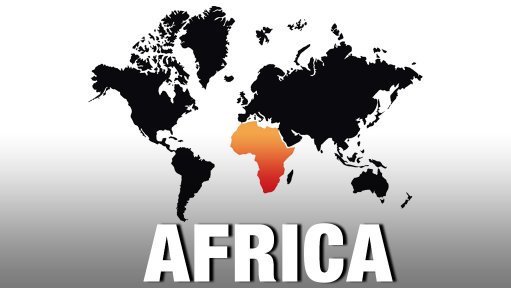
Large-scale investments in transnational infrastructure projects would be the only solution to pursue ambitions of double-digit economic growth and sustainable development in Africa.
With the continent requiring at least 10% a year gross domestic product (GDP) growth over the next 15 years, investments to close infrastructure gaps in power, roads, broadband and other core regional infrastructure needs would be critical, said economics Professor Jeffrey Sachs.
Further, backing the identified development initiatives of the New Partnership for Africa’s Development (Nepad) would be imperative to meet the 2030 timeline of the post-2015 development agenda, he said at the third Financing for Development Conference, held this week in Addis Ababa, Ethiopia.
“We need to help support Nepad achieve its goals,” he stated.
Within the context of the Programme for Infrastructure Development in Africa (Pida), Nepad identified Africa’s most important infrastructure needs and the strategy for implementing cross-border infrastructure projects.
However, Nepad CEO Dr Ibrahim Mayaki said Africa’s challenge was a lack of bankable projects rather than a lack of resources.
“We need to invest in the capacity to invest; it is about proposing structured projects,” he said, suggesting that the instruments developed to build the necessary capacity for early-stage project preparation be leveraged, along with the African Development Bank's Africa50 Fund, to finance the implementation of Pida and other regional infrastructure projects.
“African economies [are encouraged] to forge partnerships with East Asia, tap into capital markets and strengthen continental bodies such as Nepad and the African Development Bank,” Sachs added, noting that there was a need to better match large-scale resources with the financing priorities of developing countries.
“The world has the resources with which to do this. Allocating more of these resources to inclusive development would be good for the global economy,” he concluded.